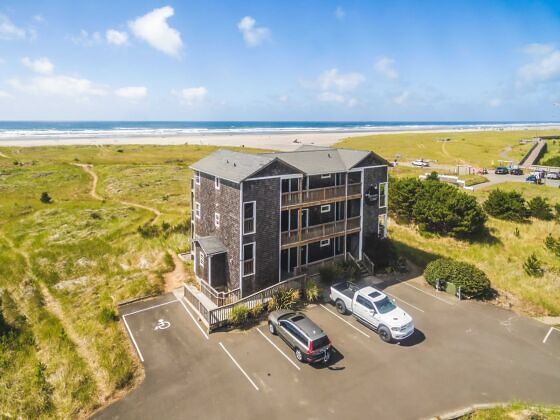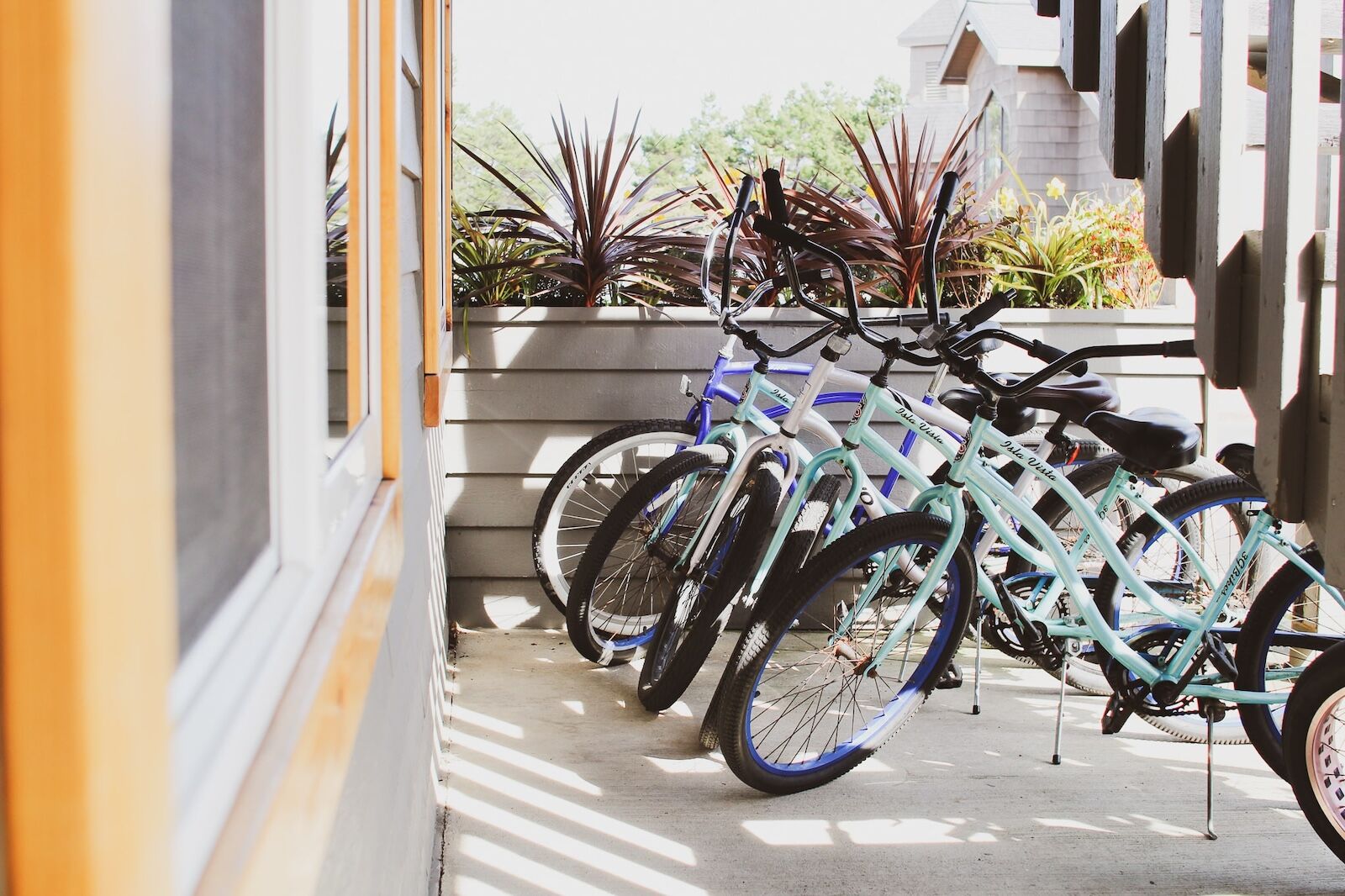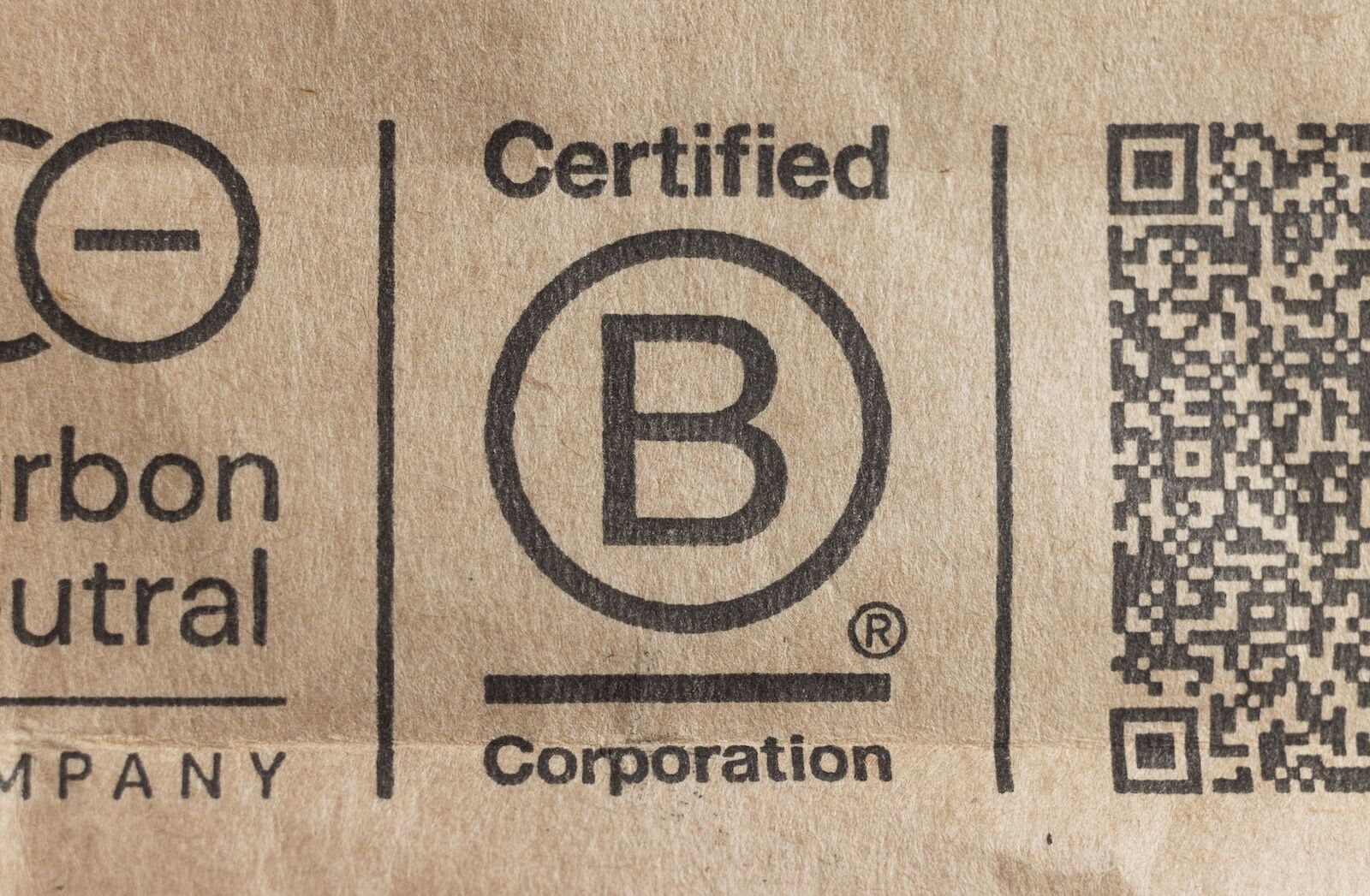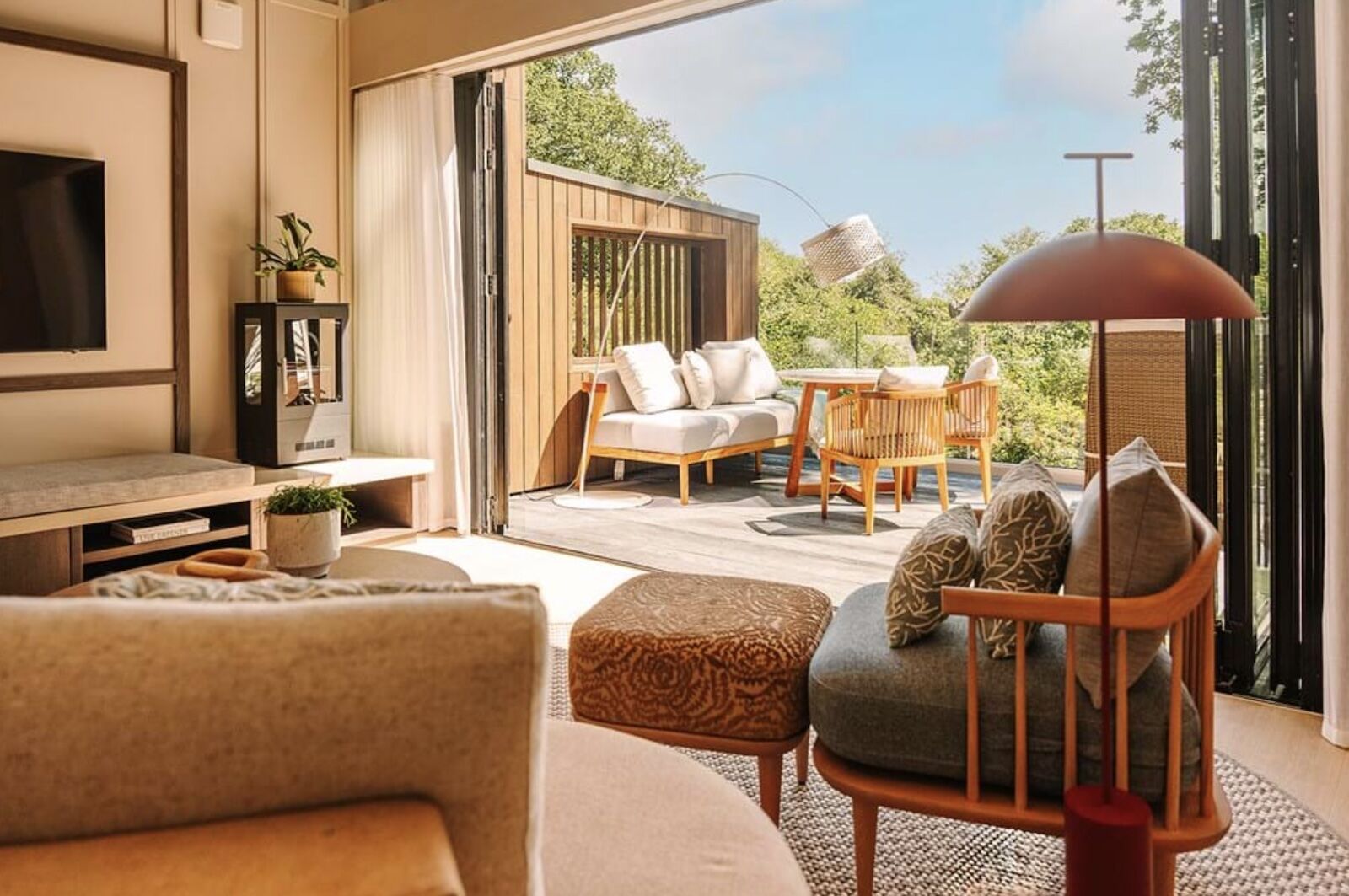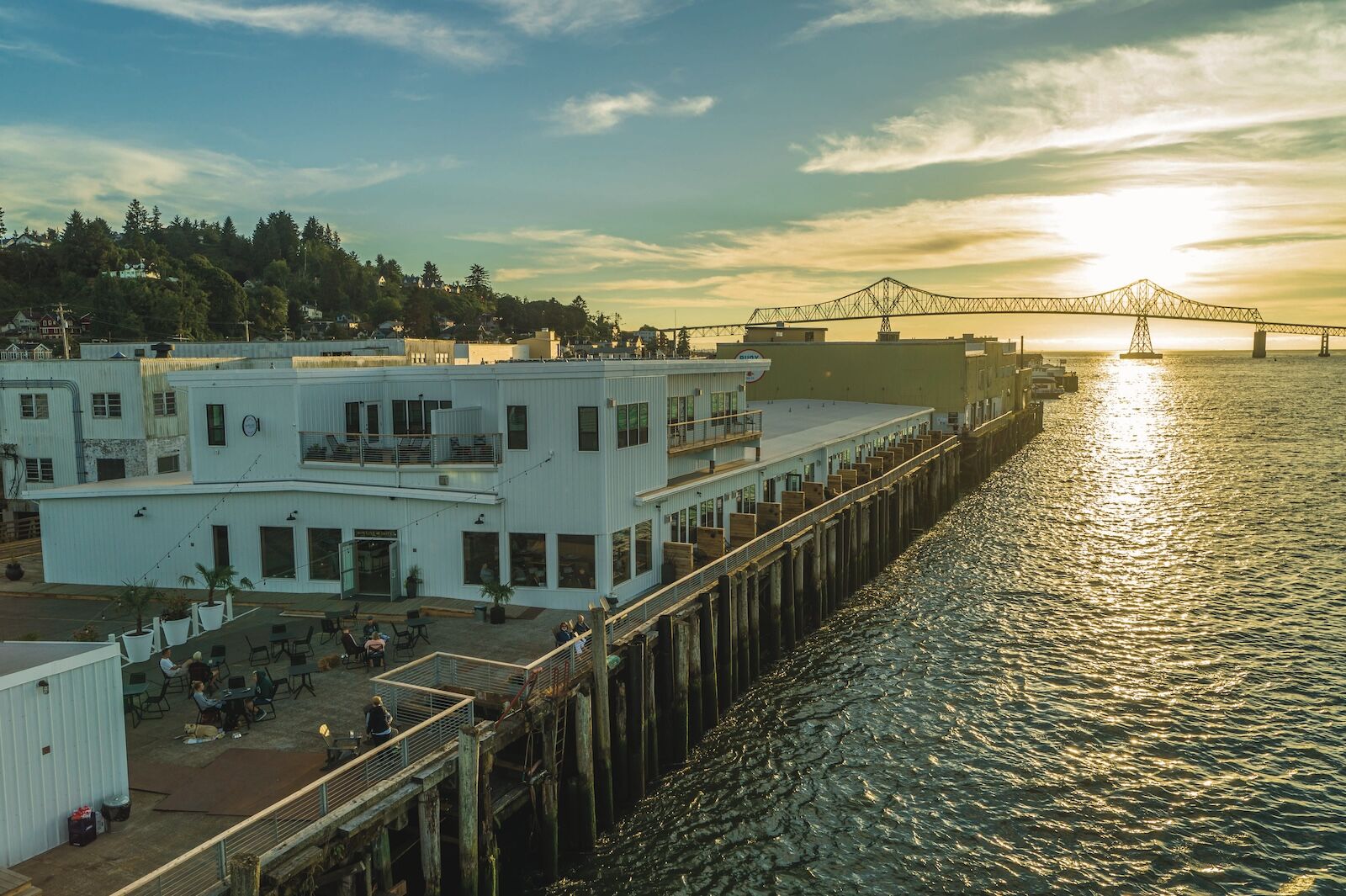With travelers increasingly conscious of environmental and social impact, Certified B Corporation hotels are leading the charge in sustainable hospitality. A study published by SmartBrief found that Gen-Z and Millennial travelers, in particular, value a “sense of purpose” in their travels and wish to support businesses that align with that purpose. One of the best ways for travelers to find accommodations that are values-aligned is to seek out B-Corp-certified hotels, of which there are increasing in number, particularly in the United States and Europe. By obtaining B-Corp certification, these hotels are showing that they prioritize sustainability practices, fair labor conditions, and community engagement, offering travelers a way to make a positive impact through their choices.
But what, exactly, does being a “B-Corp” mean for hotels? The process is actually quite rigid – and the vast majority of hotels would fail to qualify, should they apply.
